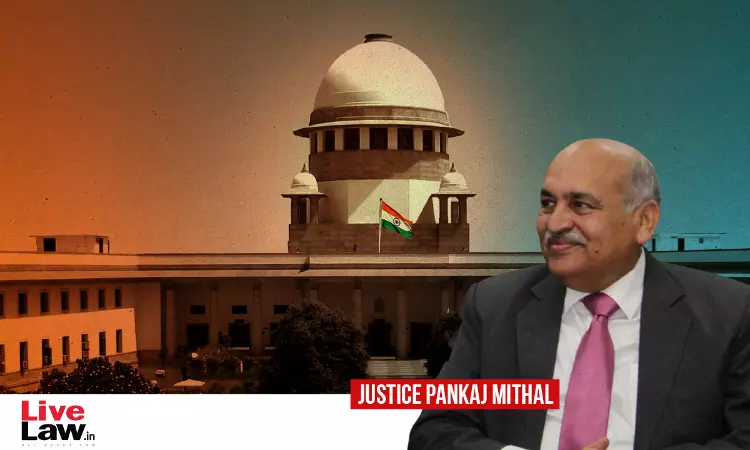Spotlight On Recent Appointments To The Supreme Court- Justice Pankaj Mithal
V Venkatesan
19 Feb 2023 5:44 PM IST

Next Story
19 Feb 2023 5:44 PM IST
A general criticism of the Indian Courts has been that very little is known to the public about the judges being recommended by respective Collegium before their appointment, on merit and suitability. A designated Secretariat ideally should do the job, unfortunately we don’t have such a mechanism. Livelaw has taken an initiative to share relevant information about the appointees and we...
